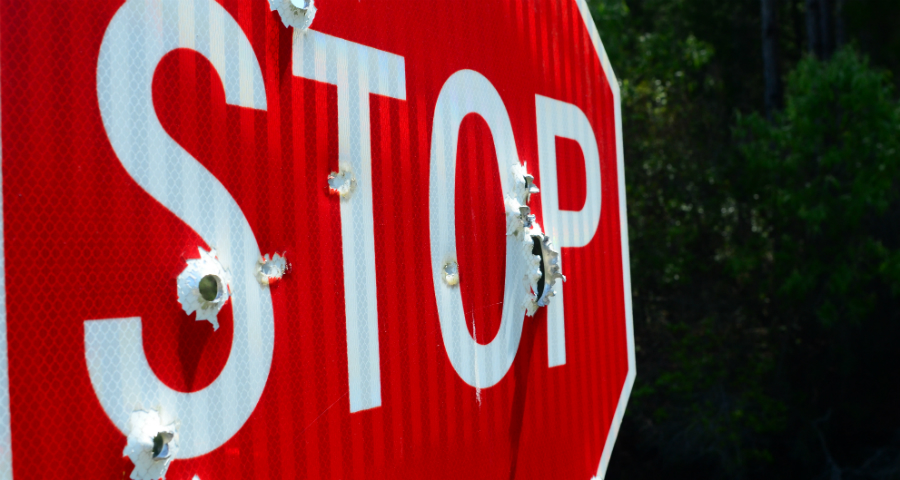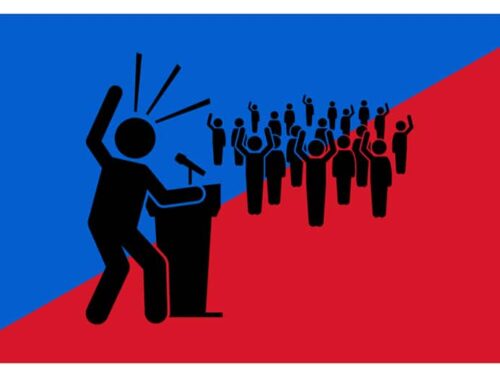
America experiences a mass shooting — defined as 4+ victims killed, including the shooter — on an average of one per day. In the first few weeks of 2018, there have already been nine school shootings that resulted in serious injury or death. According to many studies, this is unique to our country; no other developed nation comes even close to having the level of gun violence that we have.
After every mass shooting, people usually align themselves into two camps: those who insist something must be done to curb gun violence, and those who strongly defend the rights of gun owners, most of whom believe they need their guns for self-protection. Interestingly, recent research indicates that both groups overwhelmingly support what most people consider to be “common sense gun control” measures. These include robust, universal background checks, closing private sale and gun show loopholes, raising the age limit for rifle purchases from 18 to 21, and preventing the mentally ill, those with a history of domestic violence, and people on federal “No-Fly” lists from obtaining guns.
If so many people agree on what should be done, then why can’t Americans and their representatives in Congress come together and take action?
There are many theories out there, including gun owners who are fearful of government overreach, and the influence of political campaign donations by the gun lobby. To those theories I would add: a lack of respect.
Ask any gun owner if they feel respected by people in favor of gun control, you’ll get the same, consistent response: no. Ask those who support gun control measures if they feel respected by those who champion the Second Amendment, they will say, absolutely not. It’s clear that gun owners and gun control advocates don’t respect each other.
If you’ve ever tried to come to agreement with someone you don’t respect, you know how hard it is. The effort is uncomfortable, usually stalls quickly, and, if you’re lucky, ends with the old saying, “We’ll have to agree to disagree.” Most of us come away from such failed encounters with negative feelings about the other person and believing that progress is not possible.
But, psychology and recent research in neuroscience indicate that if we put conscious effort into considering what we do respect in the other person with whom we’re in conflict, then compromise and forward action become tangible possibilities. Science tells us that if we “feel” respected by our opponent, we’re more likely to offer them respect in return. Inside of that space of mutual respect lies the path to agreement on action.
There are validated processes for building and rebuilding respect available from consultants, higher education, and professional negotiators. Each takes work and, more importantly, a willingness to try. But, at this point, with disrespect literally dripping from the mouths, social-media pages, and Twitter feeds of politicians, pundits, news commentators, and some of our workmates, friends and families, it appears that very few Americans seem willing to try to develop respect for those who believe differently on gun rights and gun control.
Lack of respect is a big reason why we’re so stuck in inaction. Let’s hope we don’t stay stuck for too much longer.




